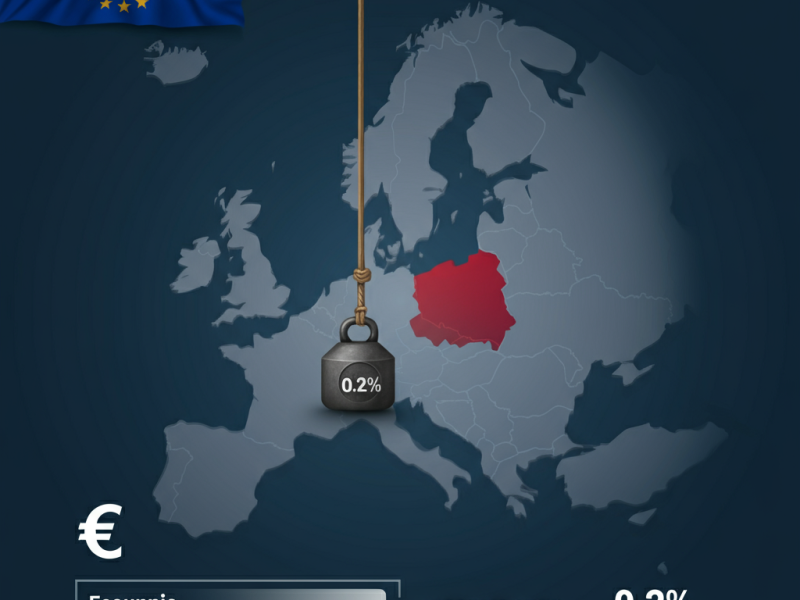The pharmaceutical world just got a jolt. Novo Nordisk (let’s call it Novo) has laid down a serious gauntlet by offering $6.5 billion for Metsera Inc., a move designed to challenge Pfizer Inc. and reshape the obesity-treatment landscape. The acquisition talk is less about fluff and more about positioning, pipeline, and profit.
A quick snapshot
Novo has made an unsolicited bid of at least $6.5 billion to acquire Metsera, including upfront cash and potential milestone payments. Metsera, a biotech focused on obesity and diabetes treatments, was already in a deal with Pfizer — valued at up to $7.3 billion including milestone payments. In effect, Novo is saying: “Not so fast, Pfizer — we want this space too.”
Why this matters
Obesity-treatment drugs are among the fastest-growing segments in the pharma industry. With therapies like Wegovy and Ozempic already drawing huge revenues, the stakes are high. By making this offer, Novo is not only strengthening its pipeline but sending a signal: they’re serious about dominating this market.
On the other side, Pfizer clearly doesn’t want to be left behind. Their earlier agreement for Metsera showed intent, but Novo now may force a rethink or raise the bar on valuations.
Pipeline power: What Metsera brings
Metsera isn’t a household name yet. But it has a portfolio of early- and mid-stage programs targeting obesity and related metabolic diseases. For Novo, acquiring such a company means gaining:
- Access to novel molecules that could complement its existing obesity and diabetes drugs
- A way to build long-term competitive advantage in a market that’s becoming crowded
- Potential to improve efficiency and innovation by combining Metsera’s agility with Novo’s scale
Novo’s strategy: Bigger than just Metsera
While this bid is headline-grabbing, it’s part of a larger strategic push for Novo. They’ve already been investing in manufacturing, pipeline expansion, and global reach. This move suggests they view the obesity marketplace as a major growth engine going forward.
By stepping up the game with Metsera, Novo reinforces its identity not just as a diabetes firm, but a leader in metabolic disease broadly. That includes obesity, fatty-liver disease, and beyond.
The challenge for Pfizer
Pfizer’s earlier deal for Metsera seemed like a smart move to catch up. But now it faces two big risks: one, another bidder raising the stakes; and two, the possibility that if the deal goes elsewhere, Pfizer may have to look for a different acquisition or develop everything in-house — which is harder, costlier and slower.
Furthermore, the competitive pressure from Novo (and other players in the obesity space) is increasing. Pfizer will need to evaluate whether to match or move on.
Market reaction and outlook
When the news broke, Metsera’s shares surged—reflecting investor belief that the company is now in a genuine bidding war. For Novo, the bid comes with risk: large upfront cash, integration challenges, regulatory hurdles, and ensuring the pipeline delivers. But if it pays off, Novo could deepen its moat.
Down the line, this kind of aggressive M&A could accelerate consolidation in the obesity/diabetes space, drive more innovative therapies, and possibly influence pricing, access, and competition dynamics in the healthcare system.
Key takeaways
- Novo’s $6.5 billion bid for Metsera signals high-stakes ambition to challenge Pfizer.
- Metsera’s pipeline gives Novo a meaningful boost in the obesity/metabolic treatment space.
- Pfizer must decide whether to escalate, settle, or pivot to plan B.
- The broader market for obesity therapies is heating up — more deals, more competition, and more innovation.
- Investors will be watching how this plays out—not just for these companies, but for the entire sector.
What’s next?
We’ll want to keep an eye on:
- Whether the board of Metsera accepts Novo’s bid or sticks with Pfizer.
- Whether Pfizer raises its offer or walks away.
- The regulatory, antitrust and scientific hurdles that may affect this deal.
- How the obesity-drug market value evolves and whether pricing shifts occur.
- How quickly Metsera’s pipeline can translate into drug candidates in late-stage trials and ultimately commercial therapies.
Frequently Asked Questions (FAQs)
Q1: Why is Novo offering $6.5 billion for Metsera?
Novo is targeting a strategic acquisition to bolster its obesity and metabolic disease portfolio. By acquiring Metsera, they gain promising early-stage programs and can challenge competitors like Pfizer and Eli Lilly and Company.
Q2: How does this offer compare to Pfizer’s earlier deal?
Pfizer had agreed to acquire Metsera for up to $7.3 billion including milestone payments. Novo’s offer, at $6.5 billion plus possible add-ons, aims to be financially competitive and strategically superior.
Q3: What risks does Novo face in this deal?
Risks include high purchase price, regulatory approval delays or rejections, integration difficulties, clinical failure of Metsera’s pipeline, and competitive moves from rivals.
Q4: What does Metsera bring to the table?
Metsera offers a slate of obesity/metabolic disease drug candidates still in clinical development. This gives Novo novel assets to diversify and strengthen its offerings.
Q5: How might this affect consumers and the market?
If competition intensifies and new therapies emerge, patients may see more choices, potentially better access, and pressure on pricing. On the market side, more M&A, faster innovation, and heightening stakes are likely.
Q6: Could this deal reshape the competitive landscape?
Yes. If successful, Novo could expand its dominance beyond diabetes into obesity/metabolic care. At the same time, rivals might accelerate their strategies, so we could see a reshuffling of leadership in this therapeutic area.


